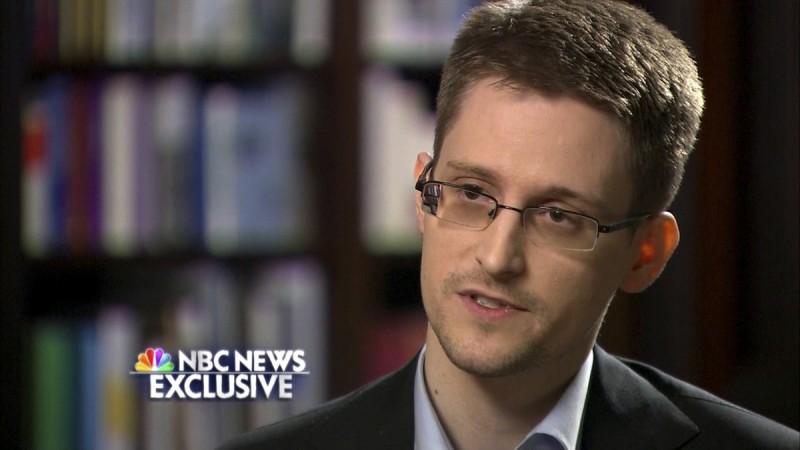
The United States' government released an e-mail on Thursday purportedly written by whistleblower Edward Snowden, in a bid to debunk his claims that he had tried to raise the issue of surveillance and its problems internally before choosing to go public last year.
Releasing the emails the NSA claimed to be the only record it could uncover of such an effort made by Snowden, the agency on Thursday sought to prove that the US fugitive had done nothing to raise such concerns in the first place.
This comes after the agency issued a statement six months ago saying that it had "not found any evidence to support Snowden's contention that he brought these matters to anyone's attention."
Snowden, who is now in an asylum in Russia, said in an interview aired by NBC on Wednesday that he had gone through official channels to question the legality and the issue of NSA surveillance before going public.
In the interview, he mentioned a specific e-mail that he had written to the NSA general counsel's office expressing his unease about the scale in which the US government was spying on millions of private data.
In response, the agency released an email, which it claimed was the only such conversation from Snowden which came closest to what he described in the TV interview.
Snowden was quick to further respond on the NSA's claim, subsequently telling The Washington Post that the information now released by NSA was 'incomplete,' saying that he had additional correspondence with the agency's Signals Intelligence Directorate.
In the interview with NBC, Snowden had said: "I actually did go through channels, and that is documented. The NSA has records; they have copies of emails right now to their Office of General Counsel, to their oversight and compliance folks, from me raising concerns about the NSA's interpretations of its legal authorities."
The response, more or less, in bureaucratic language, was: "You should stop asking questions."
In the newly emerged email, Snowden does appear, in part, to raise certain issues although it couldn't be said if they are entirely related to snooping.
"Hello, I have a question regarding the mandatory USSID 18 training," writes Snowden to a redacted address that appears to be the Office of General Counsel.
In the April 2013 e-mail, Snowden goes on to ask NSA lawyers to clarify a question about the relative authority of executive orders released by the president and legal statutes.
The email exchanges, however, does not in itself appear to register a complaint or concern about the mass phone data surveillance programs which he made public in a sensational revelation later that year.
"The e-mail did not raise allegations or concerns about wrongdoing or abuse but posed a legal question that the office of general counsel addressed," White House spokesman Jay Carney said. "There was not additional follow-up noted."
In reponse to the defensive mode the US government seems to have taken, Snowden expressed his confidence that the 'truth' will not take much time to become clear.
"If the White House is interested in the whole truth, rather than the NSA's clearly tailored and incomplete leak for a political advantage, it will require the NSA to ask my former colleagues, management and the senior leadership team about whether I, at any time, raised concerns about the NSA's improper and at times unconstitutional surveillance activities," Snowden told the Washington Post.
"It will not take long to receive an answer."











